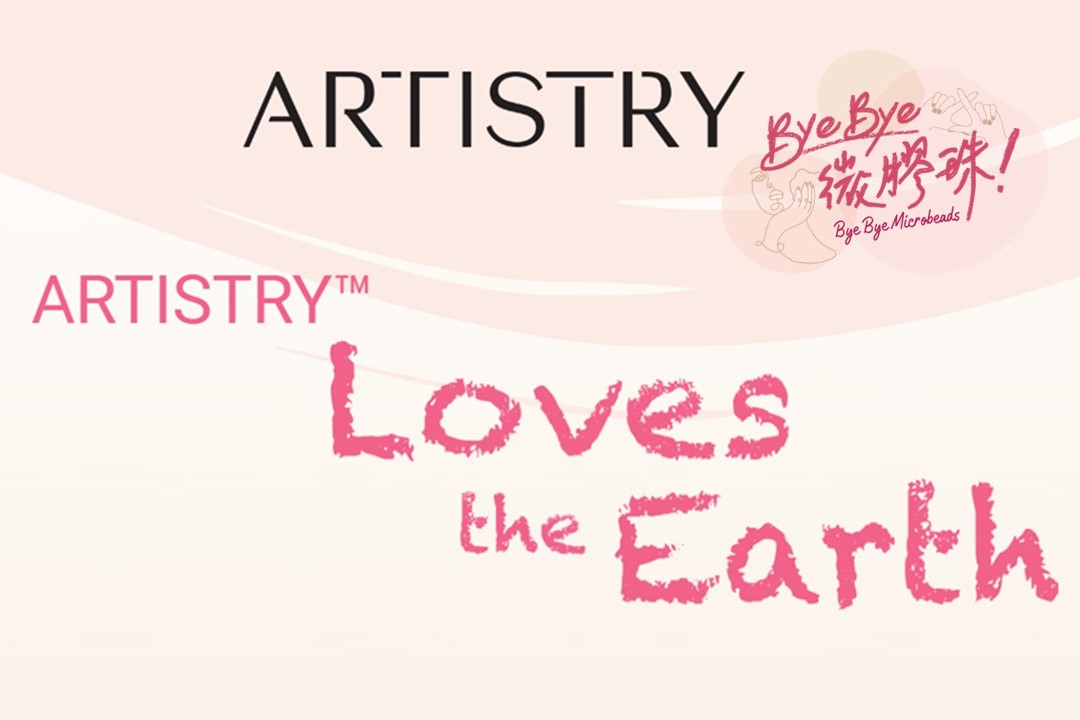

Amway Hong Kong has participated in the "Bye Bye Microbeads" Charter Award Ceremony organized by the Environmental Protection Department of Hong Kong and has become a Platinum Class Partner. We will continue to contribute to environmental protection in the future!
“Bye Bye Microbeads” Charter
The “Bye Bye Microbeads” charter, launched by the Environmental Protection Department, aims to encourage the trade to progressively phase out rinse-off PCCPs that contain microbeads in Hong Kong. It also helps consumers in choosing microbead-free products, thereby reducing the potential environmental impact of microbeads at source.
Our Promise
It takes a long time – possibly hundreds of years – for plastics to decompose in the natural environment, polluting the soil and the ocean as harmful substances are released. In addition to plastic bags and bottles, which are visible to the naked eye, tiny microbeads can also cause significant damage to the environment. ARTISTRY™ products do not contain environmentally damaging microbeads, while the Skin Nutrition™ collection is registered with The Vegan Society and is free from mineral oils, parabens and phthalates. The collection is infused with the power of Nutrilite™-grown nutrients, allowing for unprecedented “seed-to-skin” traceability. ARTISTRY™ has also been supporting the "Bye Bye Microbeads" charter launched by the Environmental Protection Department of Hong Kong, fulfilling our commitment to "living a green life and caring for the environment". G&H body care collection, SATINIQUETM hair care products and GlisterTM oral care products have joined this scheme.

What are microbeads?
Microbeads are solid plastic particles with a size of less than 5mm; they are intentionally added in some rinse-off personal care and cosmetic products (PCCPs) for providing functions such as scrubbing, exfoliating or cleansing.
Environmental impact of microbeads
After using personal care and cosmetic products (PCCPs) containing microbeads, microbeads are washed away into the sewerage system, and some will be discharged together with treated effluent into the marine environment. Similar in size to plankton, microbeads may enter the food chain if consumed by marine organisms. Chemical substances can also accumulate on the surface of microbeads, posing additional potential risk to the marine ecosystem and possibly human health.
Save to
Delete
Are you sure?
Do you really want to delete this bookmark list? This process cannot be undone
Confirm